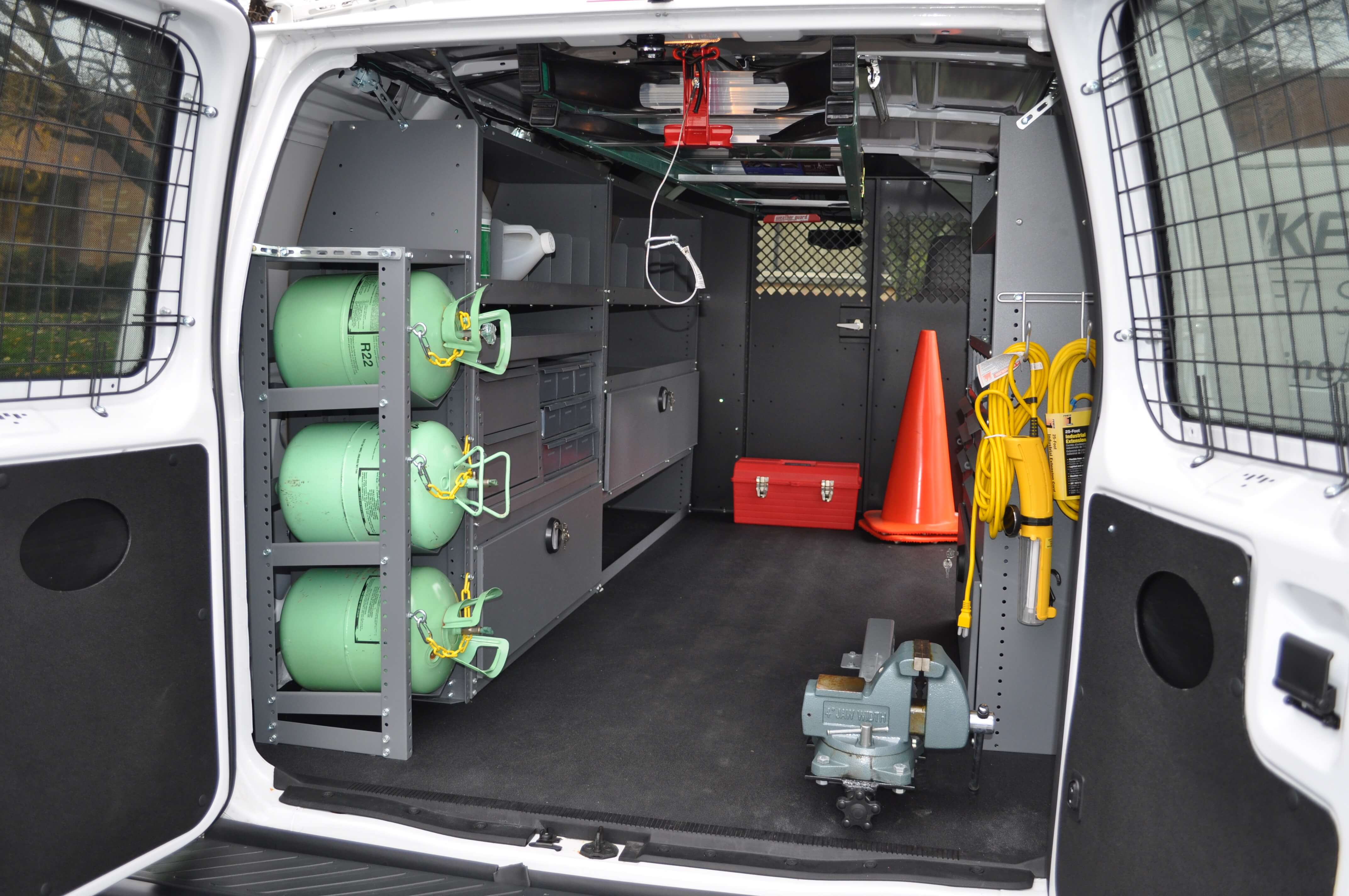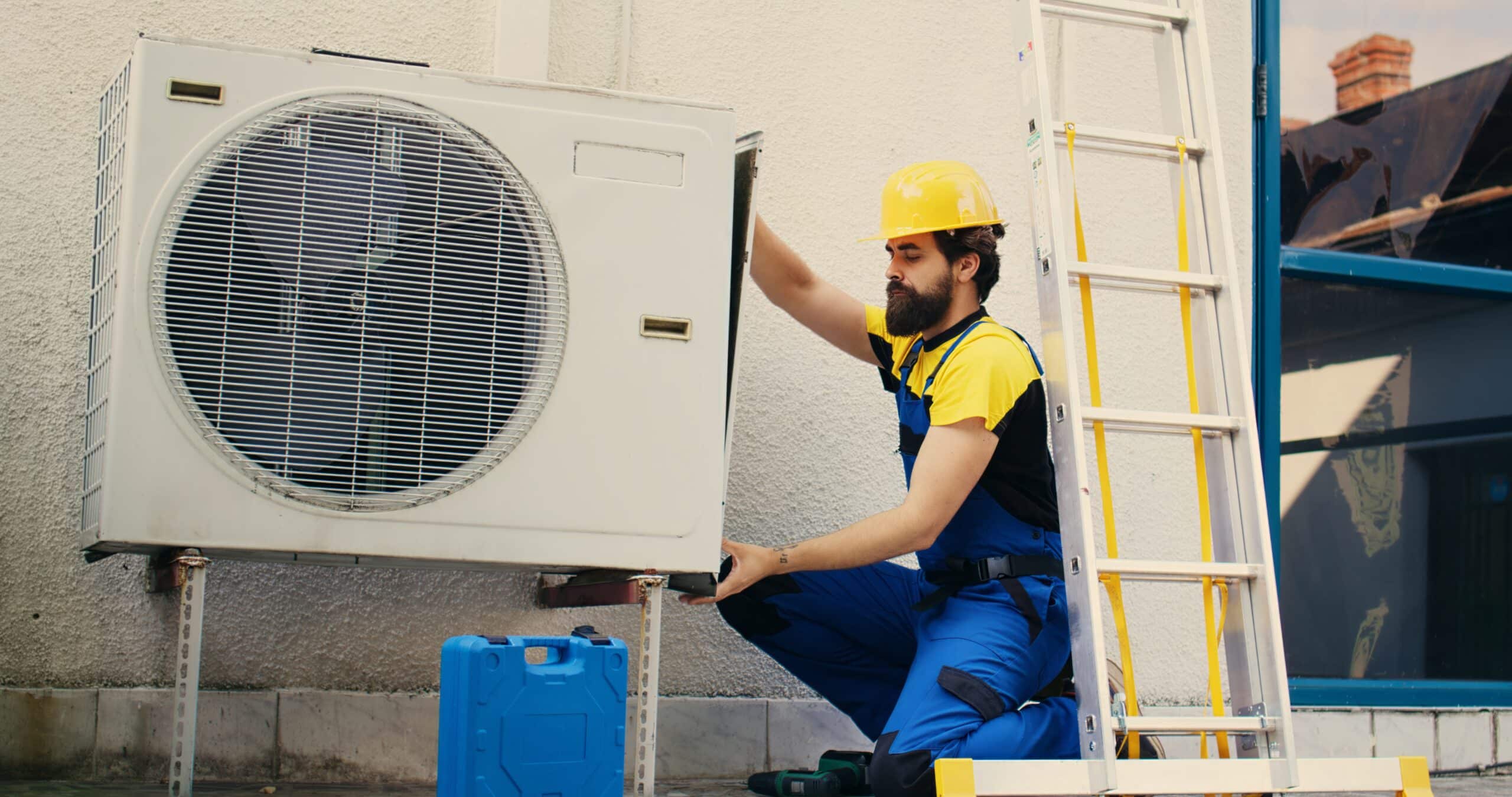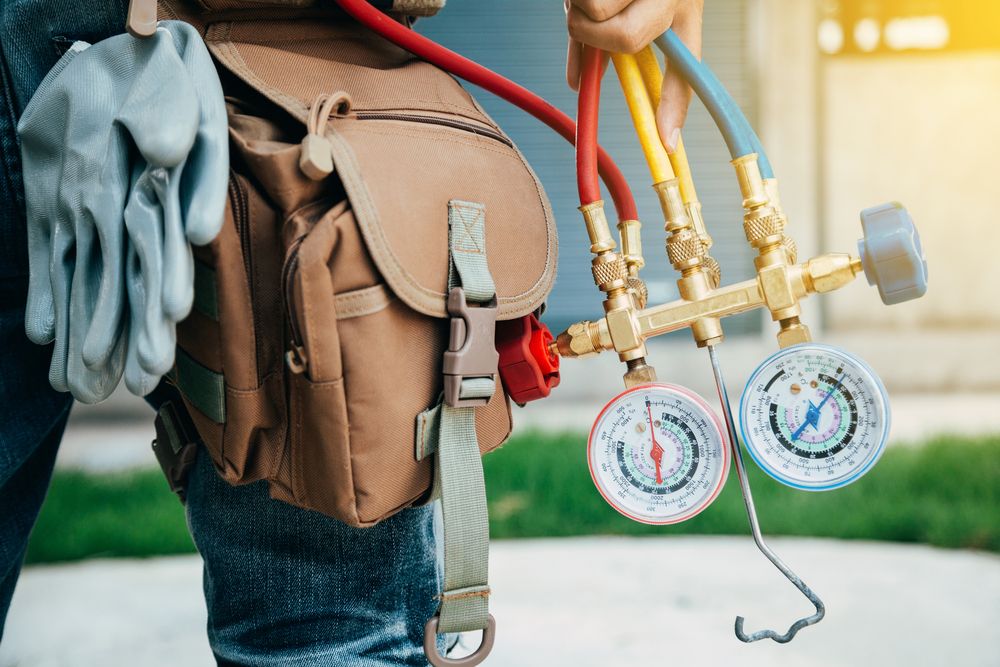How to Pick the Right A/c System for Your Needs
Selecting the appropriate heating and cooling system is an essential choice that needs careful factor to consider of different factors. Begin by evaluating your home's dimension, design, and distinct needs, as these components determine the required ability and setup of the system. In addition, establishing a budget plan that includes installation and long-term functional prices is essential. As you weigh your alternatives, comprehending power efficiency ratings and the effects of your local climate will play a substantial role in your choice. The myriad of system types offered can complicate this procedure, leading one to ask yourself which path eventually leads to ideal comfort and effectiveness.
Analyze Your Home Dimension
Assessing your home dimension is an important initial action in choosing the proper Cooling and heating system. A HVAC system that is also small will certainly battle to preserve comfy temperatures, leading to boosted power intake and wear on the device.
To accurately examine your home size, gauge the square video of each space, thinking about elements such as ceiling elevation and the layout. In addition, consider the insulation high quality and the variety of windows, as these elements influence thermal efficiency. Residences with open flooring strategies might call for various system configurations compared to those with several split rooms.
Utilizing the Handbook J lots estimation technique can provide an extra specific quote of your HVAC needs. This approach make up different aspects, consisting of regional environment, solar gain, and tenancy patterns. By thoroughly assessing these facets, you can ensure that your picked HVAC system is appropriately sized, resulting in enhanced comfort, power effectiveness, and longevity of the equipment.
Determine Your Spending Plan
Identifying your budget plan is a crucial action in the heating and cooling system selection process, as it establishes the specifications for your options - DMAKS HVAC. An a/c system is a considerable financial investment, and comprehending your economic limitations will certainly assist narrow down selections that fit within your methods
Begin by evaluating not only the first purchase price yet likewise installment costs, which can differ substantially depending upon the complexity of the project. Take into consideration ongoing costs such as upkeep, repairs, and power consumption. A system might show up inexpensive originally yet can cause greater prices in time if it is less efficient.
It is a good idea to allocate a backup fund for unexpected expenses that may arise during setup or preliminary system modifications (DMAKS HVAC). In addition, explore funding options or refunds that may be readily available, as these can reduce the burden of upfront costs
Eventually, having a clear spending plan allows you to engage with HVAC experts better, guaranteeing you receive tailored recommendations that lines up with your financial objectives and home needs. By being attentive regarding your budget, you can make enlightened decisions that enhance convenience without endangering monetary stability.
Evaluate Energy Efficiency
Power performance plays a vital duty in the general efficiency and cost-effectiveness of your A/c system. Look for systems with a high Seasonal Power Efficiency Ratio (SEER) for cooling down and a high Annual Gas Use Efficiency (AFUE) score for home heating.
Additionally, consider the Energy Star qualification, which signifies that the system meets strict effectiveness guidelines set by the Environmental Defense Company. Investing in a Power Star-rated cooling and heating system can lead to considerable savings in time, specifically in locations with severe temperature variations.
An additional element to examine is the system's dimension and ability. A large or small unit can bring about ineffectiveness and boosted power costs. DMAKS HVAC. Appropriate sizing, typically figured out via a Hand-operated J tons estimation, makes certain that the system operates at optimal performance


Take Into Consideration Environment and Atmosphere
When picking an a/c system, it is here are the findings essential to think about the regional environment and environmental problems, as these aspects dramatically affect the system's performance and effectiveness. Different areas experience varying temperature level extremes, humidity levels, and seasonal adjustments, all of which influence home heating and cooling down needs.

Additionally, regional environmental aspects, such as air top quality and potential allergens, should inform your selection. Systems equipped with advanced filtration technologies can assist mitigate pollutants and offer cleaner air. Additionally, consider the power sources offered in your location-- some heating and cooling systems are more reliable when powered by gas or renewable resource sources.
Ultimately, straightening your HVAC system option with your neighborhood climate and ecological factors to consider will certainly cause improved comfort, improved performance, and lower power expenses.
Explore System Kind and Features
As property owners seek to enhance comfort and effectiveness, discovering the various sorts of cooling and heating systems and their unique attributes comes to be important. The main sorts of cooling and heating systems include air conditioning, warm pumps, ductless mini-split systems, and heaters. Each system supplies distinct advantages customized to different demands and choices.
Central air systems give consistent cooling throughout a home, making them perfect for larger spaces. Warmth pumps function as both heating and cooling down options, making use of electricity to move heat, which can lead to lower energy costs. Ductless mini-split systems are becoming increasingly preferred because of their flexibility and convenience of installation, permitting home home owners to control the temperature in individual spaces without considerable ductwork.

Verdict
Finally, picking the ideal a/c system requires mindful factor to consider of numerous elements, including home dimension, budget plan restrictions, energy performance, neighborhood climate, and readily available system kinds. A detailed evaluation of these components makes sure ideal comfort and cost-effectiveness. By adhering to an organized technique, home owners can make educated choices that line up with their certain requirements and preferences, ultimately causing boosted indoor air quality and energy savings.